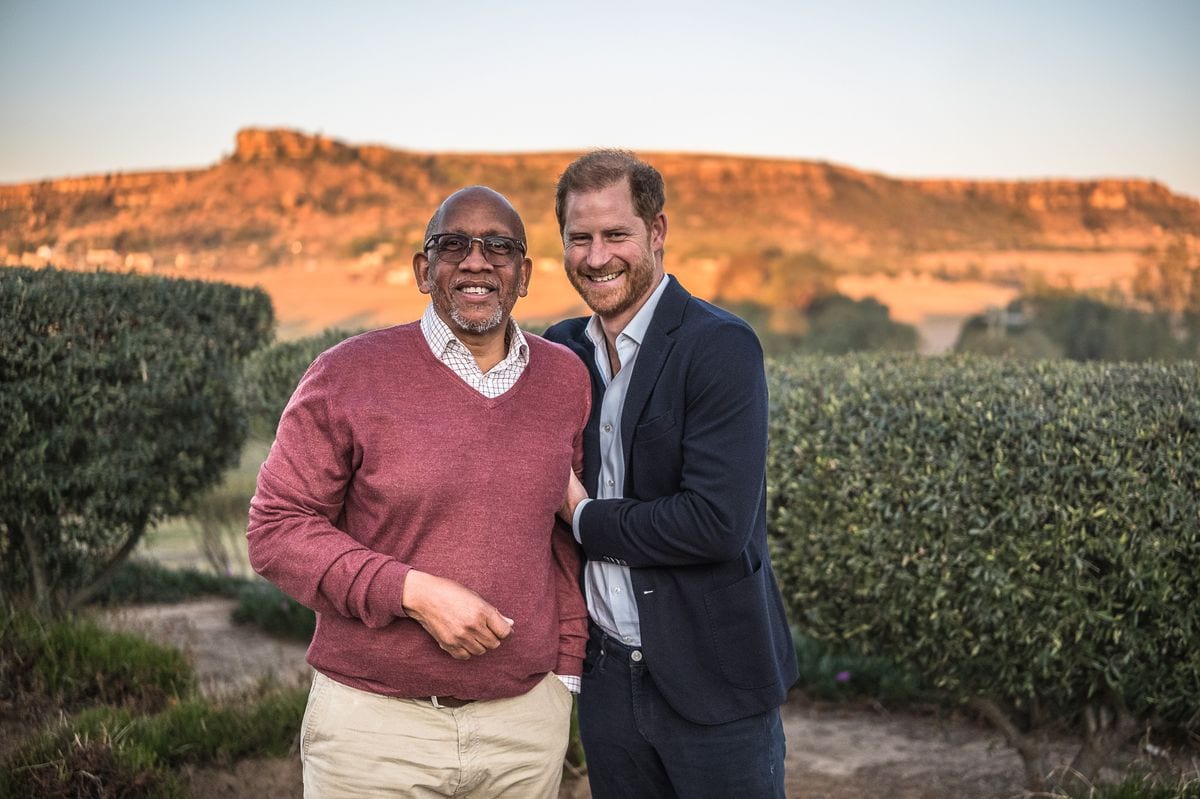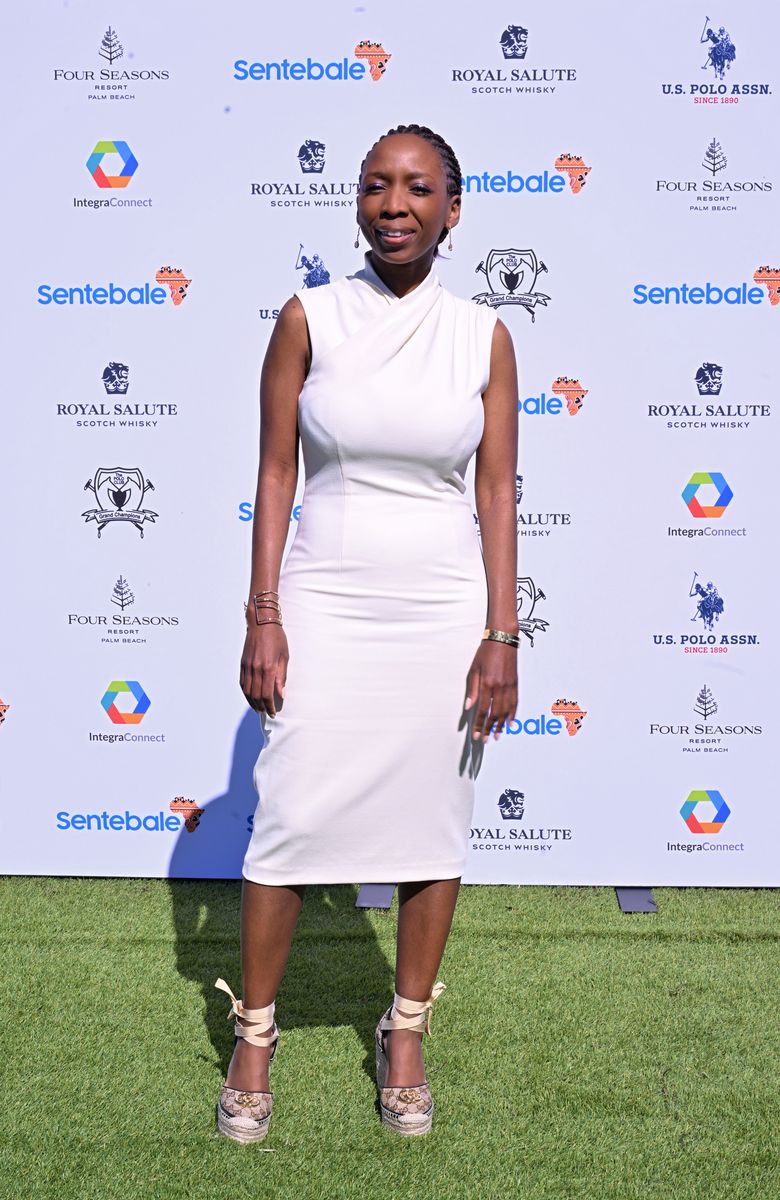News broke this week that Prince Harry has decided to leave Sentebale, the organization he co-founded in 2006 to help children in southern Africa who are orphaned by AIDS escape poverty.
He is deeply committed to this cause, aiming to continue the humanitarian legacy of his late mother, the Princess of Wales. Sentebale has been one of Harry’s most meaningful projects, alongside the Invictus Games—an international sports competition he launched in 2014 to support the recovery and rehab of wounded service members and veterans.
Like many of Prince Harry’s moves, this departure has stirred controversy, as it stems from an internal dispute within the organization. "It is devastating that the relationship between the charity's trustees and the chair of the board broke down beyond repair, creating an untenable situation," read the press release announcing the news.
In a joint statement, the Duke of Sussex and Prince Seeiso of Lesotho stated, "With heavy hearts, we have resigned from our roles as patrons of the organization until further notice, in support of and solidarity with the board of trustees who have had to do the same."
Now, the chair of the organization, Zimbabwean-born lawyer Sophie Chandauka, has shared her side of the story in an exclusive with The Financial Times. She says the conflict started over a misunderstanding involving Meghan Markle. Chandauka also claimed that the charity’s founders — Prince Harry and Prince Seeiso of Lesotho—“want“ to force a failure and then come to the rescue.”
According to Chandauka, the issue dates back to April 2024, when she declined a request from the Sussexes’ team to publicly defend Meghan after negative press coverage. For her, agreeing to that request would have set a precedent that risked turning Sentebale into an extension of the Sussexes’ PR machine.
Similarly, the lawyer mentioned that public opinion of Prince Harry—after his move to the U.S. and the release of his explosive memoir Spare—had also hurt Sentebale’s work. It affected the organization’s ability to grow and attract top-tier talent. "When you start to interview people, they're asking questions about, well, these mixed messages around the patron."
The board’s version of events is quite different. Sources close to them have said that “the dispute had nothing to do with personal tensions” and that Sophie’s role as chair had actually been questioned due to “a lack of confidence in her leadership.”
It’s worth noting that Chandauka was appointed chair last summer. When the trustees asked her to step down, she responded by filing a complaint against the organization, accusing the board of “weak executive management, abuse of power, bullying, harassment, misogyny, and misogynoir.”
,type=downsize)










